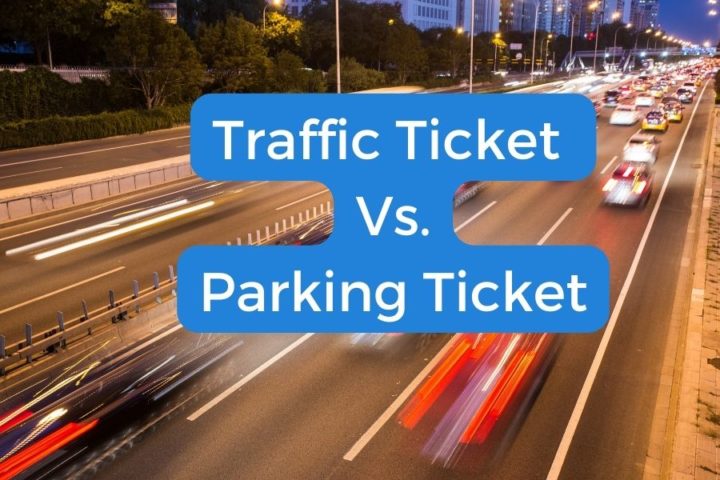Although traffic tickets may not affect your driving record, parking tickets are still a serious matter. They can affect your credit score, driver’s license, and access to your car. State and city governments have long memories and very little sympathy for scofflaws, so you may be facing the “long arm of the law” when it comes to a parking ticket. So how do you decide which is worse?
DoNotPay vs. Parking Ticket
If you have ever had to pay a traffic ticket, you may be wondering if you should try DoNotPay for Parking Ticket instead. Both services claim to provide the same service, but do they really work? Here’s a quick comparison of the two services. The first service claims to have overturned more than one million tickets in New York and London. The second one claims to have won nearly half of its contested citations.
DoNotPay’s web application makes it easy to appeal parking tickets. All you have to do is answer a few questions about your ticket. Depending on the jurisdiction, this process could take half a day or even several hours. It’s free to use and is accessible online. While you might not be able to challenge a ticket if you’re working, you can save yourself a lot of time by using DoNotPay.
- TrendzGuruji.me Cyber, Health and Digital Updates
- Deltawifi.com Login: Access Delta onboard Wi-Fi
- Hyperverse Login at H5.thehyperverse.net
- TAFCOP Consumer Portal: Check Mobile Number Connections
- DotMovies: Watch Bollywood and Hindi dubbed movies
Misdemeanors vs. parking tickets
It is important to understand the difference between parking tickets and misdemeanors before deciding on the course of action. While a parking ticket is a violation of established law, a misdemeanor carries a far heavier sentence than a parking ticket. Both are classified as crimes, but they are different in terms of severity and impact on society. To get a better understanding of the differences between the two, read on for more information.
Traffic infractions are considered misdemeanors in many states, meaning they require a court appearance. While a traffic infraction carries no jail time, it may result in a driver’s license suspension or revocation. Misdemeanor convictions can still impact an individual’s ability to vote or serve on jury duty. In many cases, drivers who do not appear for a traffic violation will still be liable for a fine.
Dispute parking ticket without a lawyer
If you’re wondering if you should dispute your parking ticket without a lawyer, you’re not alone. The city is filled with scam artists and fraudulent lawyers. If you’re not careful, you may wind up getting scammed or paying too much for an inexperienced lawyer. That’s why it’s crucial to research potential lawyers thoroughly. Check their credentials and check reviews online to find out how successful they’ve been in similar cases.
Whether you choose to hire a lawyer or dispute the parking ticket yourself, there are two primary options. The first method is called administrative review, and it involves filing a grievance complaint with the appropriate assessment jurisdiction. You may have to go to court in person, bring evidence, and pay the fine up front. However, if the ticket is ruled to be illegal, the fine is reimbursed. But you must know that this process is not easy, and it is not recommended for every situation.
Keeping a clean driving record
The best way to maintain a clean driving record is to avoid getting a ticket. California’s points system penalizes you for a variety of violations, including speeding, failure to carry auto insurance, and running a red light. Points can lead to your license being suspended, so it’s best to avoid them as much as possible. However, if you receive a ticket, you have some options.
A parking ticket, while it may not directly affect your driving record, is still important. While a ticket may not appear on your driving record, it can affect your access to your car, your license, and your credit score. And while state and city governments have short memories and little sympathy for scofflaws, you still need to pay the ticket to protect your credit score. Despite the inconvenience, you can get points off your record by completing a driver safety course. Most states allow drivers to take this course once every 12 to 18 months
